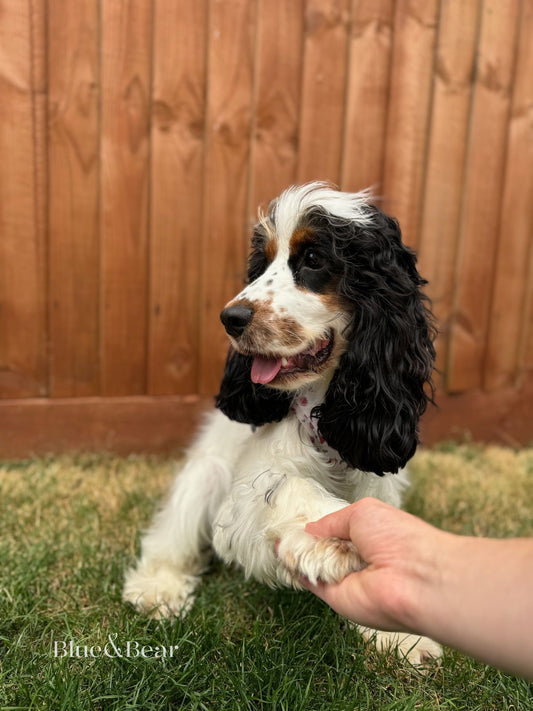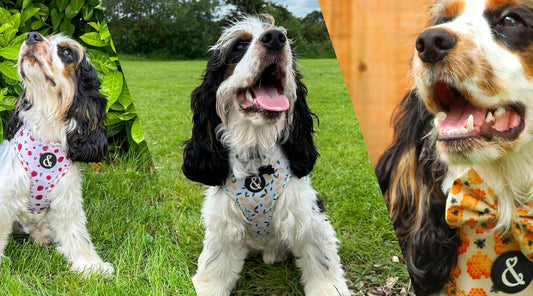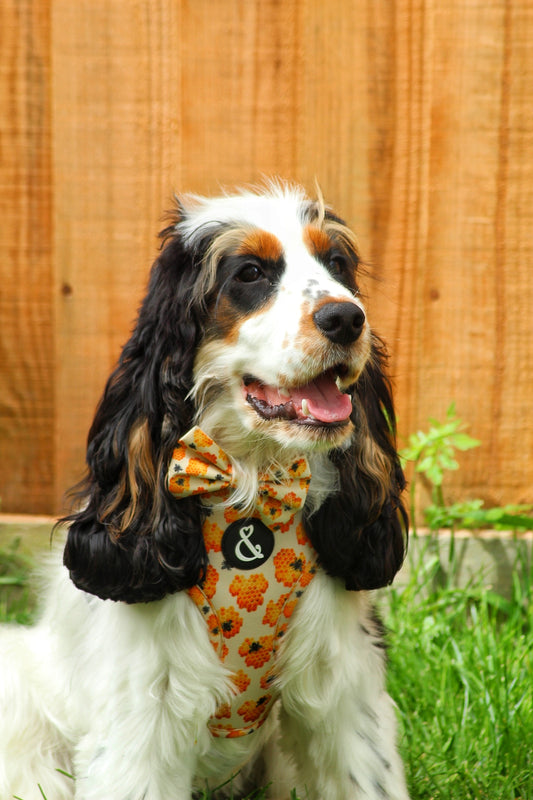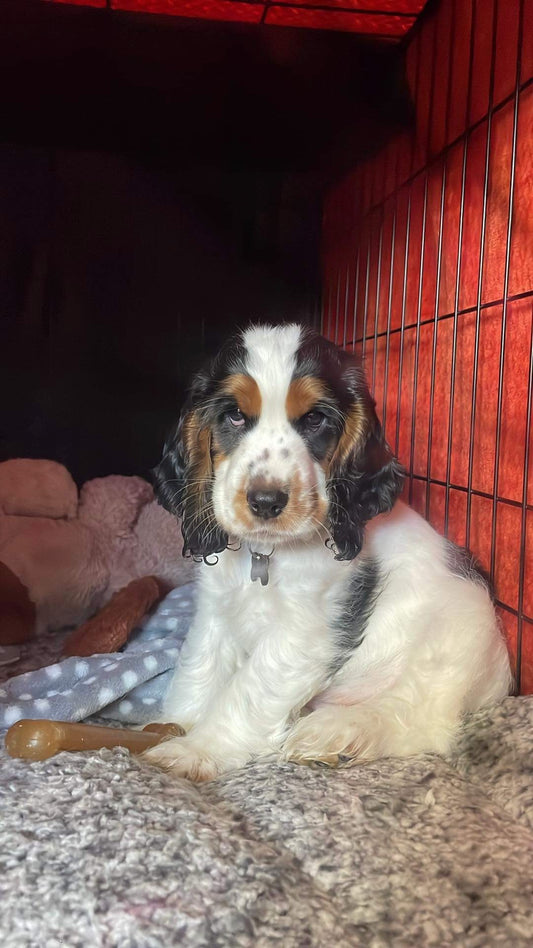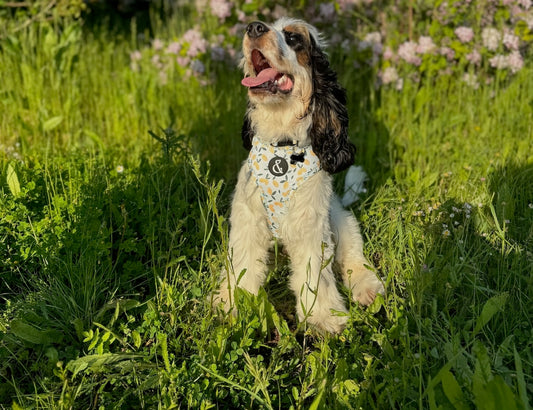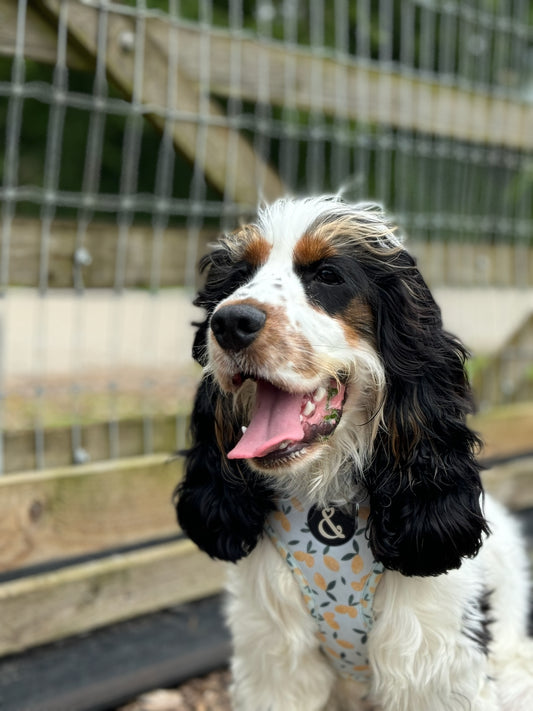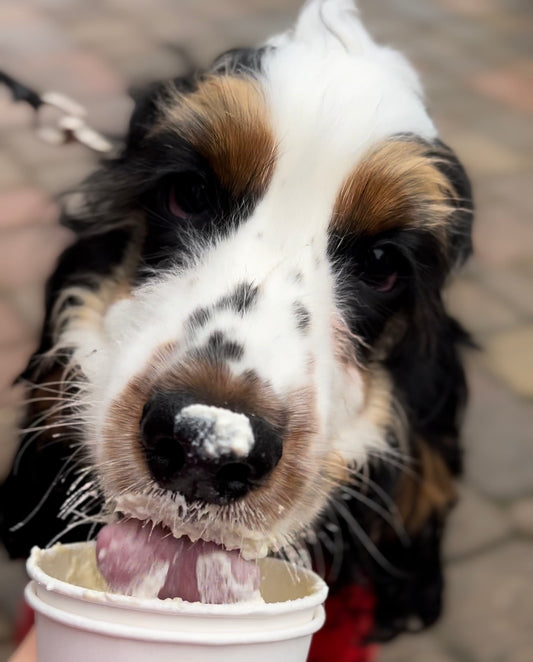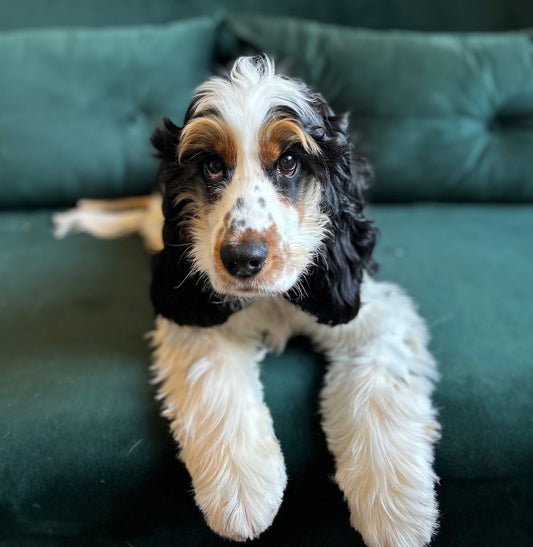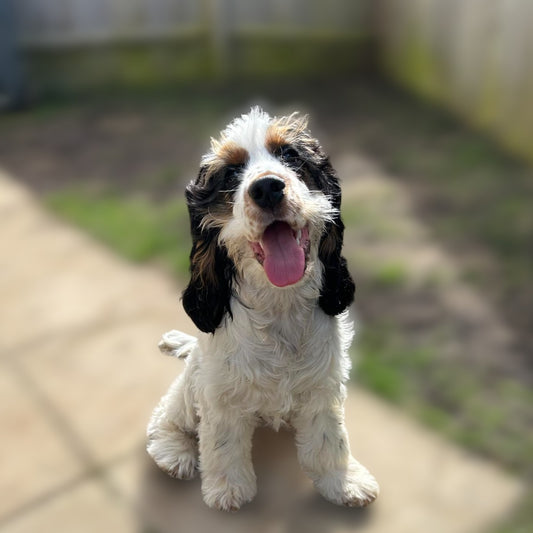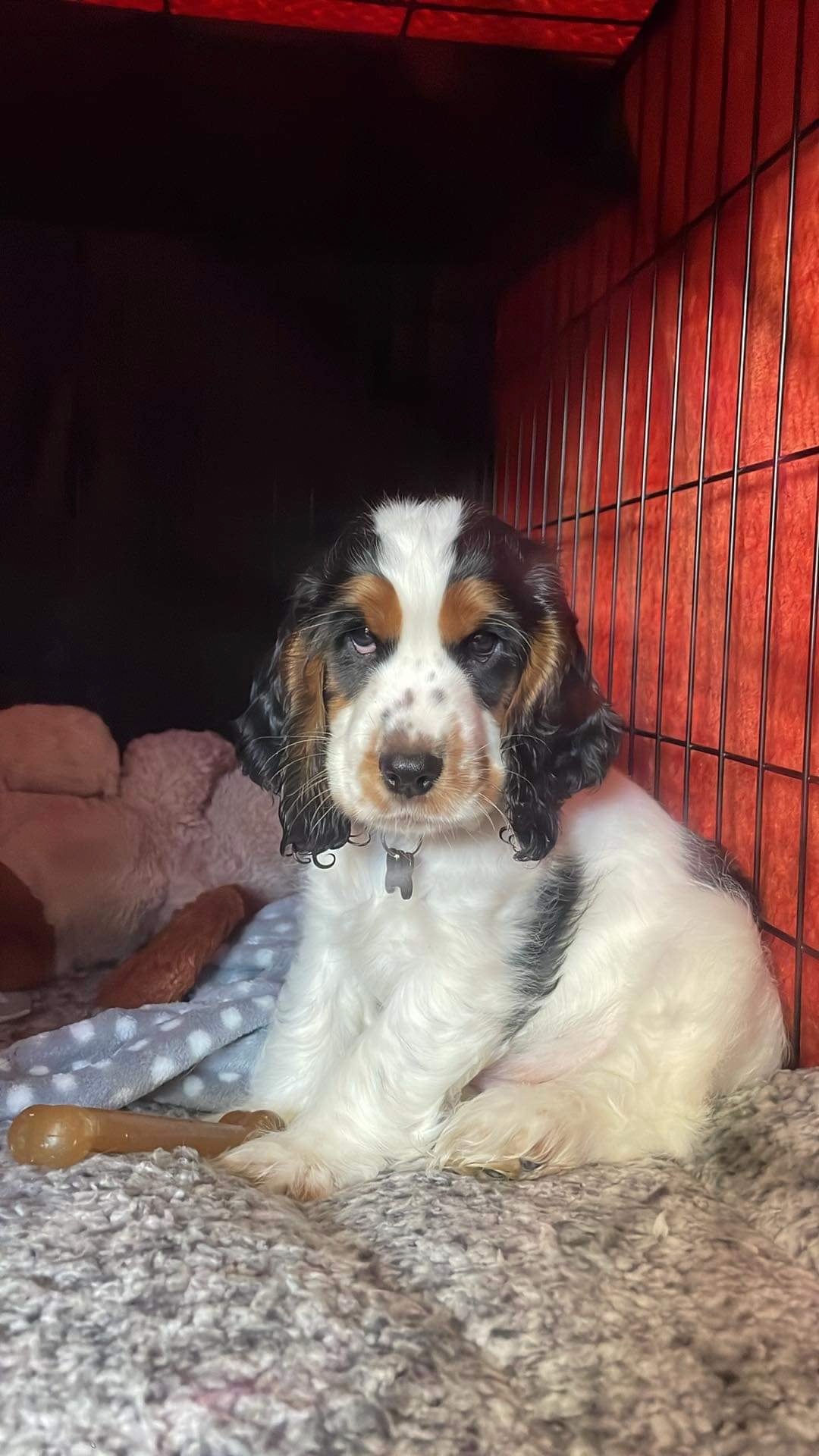
Keeping Your Puppy Comfortable - Bringing Home a New Puppy
Bringing your new puppy home
The day you bring your new puppy home is a momentous occasion filled with excitement for you and your puppy. But for your furry friend, it can be a potentially scary transition. Up until now, they've been nestled with their mother and littermates, surrounded by familiar scents and sounds. Now, they find themselves in a completely unfamiliar environment, filled with new faces, smells, and possibly other pets.
This abrupt change can be overwhelming for your puppy, who may experience a range of emotions during this transition period. Therefore, it's crucial to create a comforting and welcoming atmosphere for them as they adjust to their new surroundings. By providing reassurance, patience, and a sense of security, you can help ease their anxieties and ensure a smooth transition into their forever home.
Here are a few tips to help your puppy adapt and feel comfortable on the journey to, and at their new home
The Car Ride Home
The car journey home can be a scary experience for your new friend, and it is likely that they will feel unsettled and nervous. Other than going to the vets, your puppy probably hasn’t spent much time in the car, so this in itself is a big deal.
Making home feel safe
Establish a safe space for your puppy or dog
A safe space is somewhere that your dog or puppy can go to chill out, feel safe, sleep and enjoy treats. There are various items that can form a safe place, with the most common being a crate, a bed, blankets, or a mixture of the three. Your breeder is likely to provide you with a blanket with mum’s scent on, having this in their safe space will help settle them, as they will associate the smells with mum’s safe space.
Provide a support toy for your puppy
A popular toy for puppies is a heartbeat toy, this toy is designed to resemble the heart beat of their mum or litter mates, and the heartbeat helps the puppy feel closer to their litter, making it a perfect addition to the safe space.
Puppy proof your house
Puppies are interested in everything and explore the world using their mouth - so you’d best be prepared! Before bringing you puppy home, remove any hazards that the puppy could chew and swallow, moving poisonous plants and food, electrical cables and small objects.
Pick the right food for your puppy
Your Pup’s digestive system is still developing, so the slightest change to their diet can upset their tummy. We recommend that you feed them the same food they’ve been eating whilst with their mother, and should you wish to make a change, do it gradually. It is important to make the transition slowly as quick changes could cause upset, and your puppy could potentially be allergic to ingredients such as grains. By gradually introducing changes, you can assess how your pup reacts to new foods. Particularly in the early days, where everything is new, keeping food consistent can really support the transition. The breeder or previous owner should be able to provide you with information about how much food your puppy was eating, how often, and what brand of food it was.
Knowing where they can ‘go’
The earlier you can teach your puppy where to go potty, the easier it will be for everyone. It is inevitable that your puppy will have accidents, but it is important not to get angry at them, show them where to go next time and encourage good choices. When settling in, you need to make them feel safe and prepare for accidents by using training pads and ‘cues’ for going to the toilet. Shouting at them will affect their confidence and how comfortable they feel in their new home.
Providing a toilet routine
Routines are pivotal to potty training, get into the routine of letting them out:
- First thing in the morning
- After meals
- After naps
- After play time
- Before bed
You will begin to learn your puppy’s routine and cues they use, particularly if you remain consistent with training. It is important that you reward your puppy when they ‘go’ outside, whether that be with treats or positive communication such as cuddles.
Remember your puppy’s bladder is small, so they will likely need to go during the night. It is important that you take them outside when they give any indication, and reward successful trips. If your puppy is sleeping far away from your own room, it may be investing in a baby monitor, to ensure that you can hear when your puppy is crying to go outside.
Dogs will naturally avoid going to the toilet where their den is, so if you're noticing wet blankets or bedding in the morning, you may need to take your dog to the toilet more frequently than you currently are.
Your first few days together will be tiring but they will be so worth it! Maintaining routines, being consistent, and keeping patient will help your puppy develop into the puppy of your dreams.
